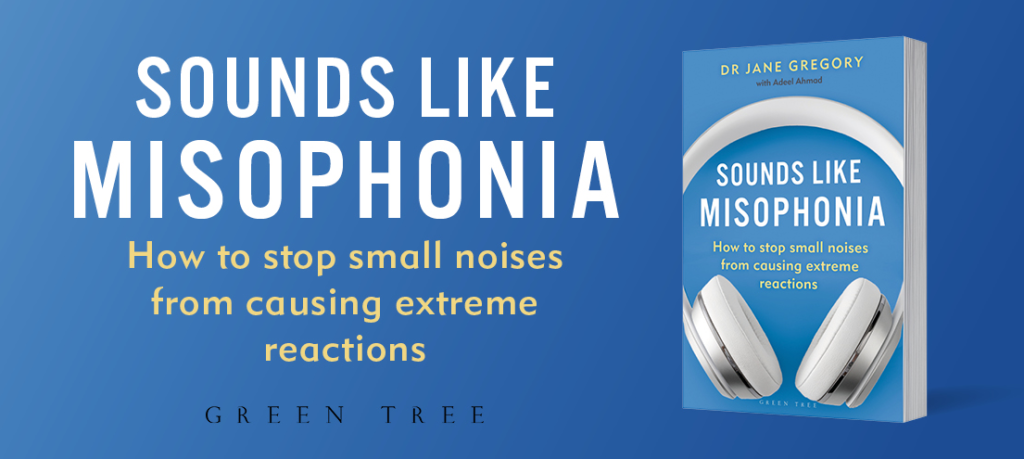National Disability Employment Awareness Month just ended, but it’s on my mind all year long. I’m making this post in the hope that it will help someone else. Or help some folks better understand me and my non-apparent disabilities.
Misophonia
The most recent episode of The Allusionist podcast hits home for me. It tackles two topics I identify with: misophonia and alexithymia. I’ve always been more sensitive to sensory input (sounds, scents, visuals – especially flashing lights and shaky cam). Over a decade ago I made the connection with misophonia for my auditory issues. All the pieces are falling into place now that I’ve finally been diagnosed with both autism and ADHD. If I ever snapped at you or seemed preoccupied during a meal, or when you were maybe drumming on the back of the car seat I was sitting in (hello my musician friends), this is why.
being over-responsive to sensory information, more tuned into sensory information, and more likely to apply meaning or context to sensory information, and that is really a very common feature in both autism and ADHD and therefore it predisposes that person to develop misophonia
Dr. Jane Gregory
I’ve particularly struggled with the sounds of other people eating. I lived with one partner who clanged cutlery against his teeth and it absolutely enraged me, which made me feel awful. Then I worked for a company that had a cafeteria and expected employees to sit together to eat lunch. The acoustics and lighting in the space were so overwhelming it nearly brought me to tears. I opted to take a daily lunch walk instead and quickly eat at my desk afterward. I’ve developed these coping methods over the years. Avoidance or noise canceling headphones are my main tools.
Alexithymia
Alexithymia is the thing I don’t have a handle on yet. I remember being frustrated when a therapist would ask me to describe my feelings or where in my body I felt them. I have no idea. But now I know *why* I have no idea.
“Alexithymia is a neuropsychological phenomenon characterized by significant challenges in recognizing, expressing, and describing one’s own emotions. It is associated with difficulties in attachment and interpersonal relations. While there is no scientific consensus on its classification as a personality trait, medical symptom, or mental disorder, alexithymia is highly prevalent among individuals with autism spectrum disorder (ASD), ranging from 50% to 85% of prevalence.”
The Book
This book contains everything I wish I’d known when I was a teenager, hiding a giant whirring walkman in the pocket of my school uniform so that I could block out the sounds of my classmates clicking through all the colours in their four-pens. It’s not just coping strategies (although there are plenty of those), it’s also full of ideas to help your brain make new associations with sounds, which brings down the intensity of your reactions. I cover some of the exciting research that’s happening in the world of misophonia, connect you with your inner miso child, help you deal with big emotions and embrace the meerkat within. Adeel Ahmad shares stories from our volunteers who worked through the book while it was being written. There are several out-of-date pop culture references, and you’ll be happy to hear that my editors and early readers very firmly encouraged me to remove the rest of them.
Dr. Jane Gregory: Sounds Like Misophonia

[…] has been a great year for books in the disability space. Previously, I posted about Sounds Like Misophonia. Most recently, my copy of Against Technoableism […]